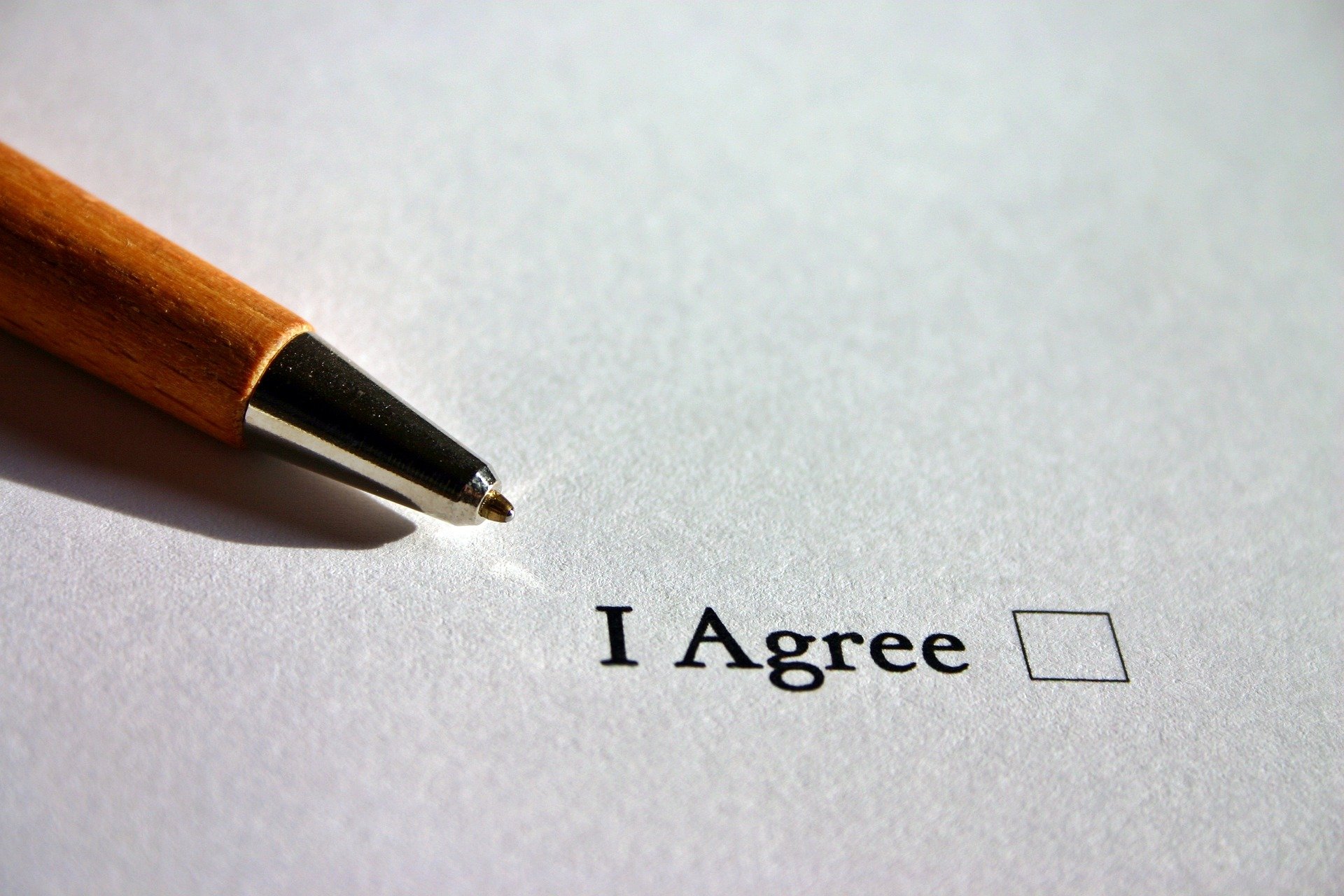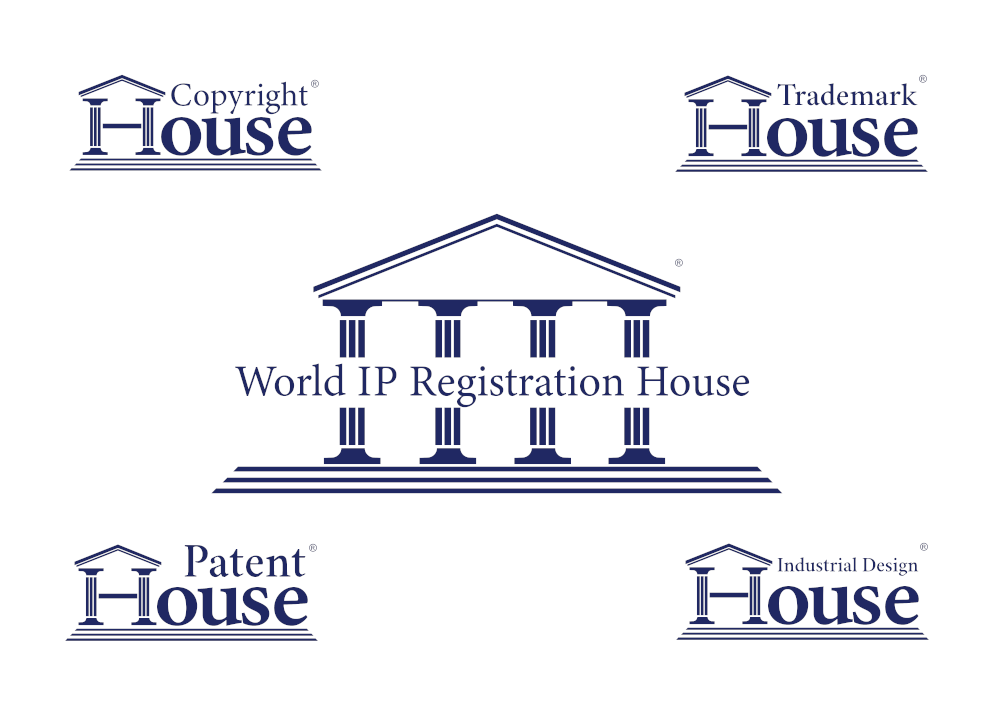There are instances where you might find yourself needing to use an extract of someone else’s work; maybe you’re a student writing an essay, an author writing a book, or even a teacher preparing a presentation.
When citing another person’s intellectual property, it is important to make sure that you are not unwittingly infringing upon their copyright instead of appreciating their work.
An important starting point for this is to ensure that your extract is not a photocopy of a copyrighted typographical arrangement, the copyright of which belongs to the publisher of the text and lasts for 25 years from publication.
But first, let’s revisit the basics of copyright duration.
In the UK, copyright lasts for 70 years after the death of the author.
This may be a shorter or longer time period, depending on the country and content medium, though any member country of the Berne Convention will have a copyright lasting at least 50 years after the death of the creator.

However, due to amendments in copyright regulation, the general duration of a copyright may be different if the work was published posthumously, or if the creator is unknown. If an author died before January 1st 1969, then written works, photographs and engravings can be published posthumously with the rights holder’s consent (this can be someone who has inherited the rights).
The copyright on these newly published works will then last for 50 years from the date of publication, or until December31 2039 (whichever time is shortest).
If they remain unpublished, then they will remain in copyright until December 31 2039.
When is permission NOT required to use copyrighted content?
Whilst it is recommended to always ask for permission where you can, there are some instances where permission is not required, provided you follow a certain set of rules.To quote without permission, the following rules must apply:
• You have provided appropriate acknowledgement to the original content creator
• Your use of the content is fair dealing
• The copyright of the source has expired
• You quote only an essential amount
• You can justify the usage
You will also not need permissions to produce a parody of a published work, provided that:
• The use is fair dealing and minimal
• You provide acknowledgement
• The work does not infringe upon trademarks or copyright
• The work is not defamatory and does not breach privacy or confidentiality
• The work is clearly separate from the original creator
Likewise, you will not need permission if your use of a work is for educational purposes, and:
• Is fair dealing
• Non-commercial
• Demonstrative
• Provides acknowledgement of the source
Who do you contact when permission IS required?
When permissions are required, it may be that the publisher of your content is the one who will seek permission on your behalf.
However, if you yourself control the publication rights to your work, then you will be the one to seek permissions.
You need permission to quote from works that are still protected by copyright, particularly if you are planning to use a substantial extract.
The definition of ‘substantial’ varies depending on the content form and length: a few lines from a song or poem will equate to a larger amount of a text than a few lines from a book, for example.
Some content forms may be more confusing to navigate in terms of permissions than others.

Translated works, for example, will typically have two copyright holders – the original creator, and the translator.
For permissions to use an extract of a translated edition, both creators will need to be contacted.
In letters, the copyright will remain with the writer for their lifetime, plus 70 years after their death.
If the work is no longer protected by copyright, then you will not need permission, unless the rights have been inherited and are being held by a living person or organisation.
Content created by an anonymous or pseudonymous author will remain in copyright for 70 years after its publication.
However, if the author’s identity is revealed before then, then the work will remain in copyright for the author’s lifetime, plus 70 years.
In the US, anonymous and pseudonymous works can remain copyrighted for over 90 years.
What if the source’s creator doesn’t respond?
If you receive no response from the content creator after an appropriate amount of time has passed since you contacted them, then it is best to see if you might be able to cut the extract of their work from your text.
However, if you feel that the extract is absolutely necessary to your work, then you can try to contact them again. Some people may include a statement in their further correspondence that a lack of reply will be taken as the creator having no qualms with the use of an extract.
It is important to note, however, that you should be confident in your defence of fair dealing in this instance, as a lack of written permission will not benefit you in a court case.
In order to be truly protected against an infringement case, it is best not to use an extract without permission.
If you have made an attempt to contact a creator, but have been unsuccessful in finding them, then you must ensure to keep a record of your search for the creator as proof that you have tried to gain permission to use their work.
Disclaimer: The information given on this website does not constitute legal advice. We recommend that you seek specialist legal advice in accordance with specific circumstances



